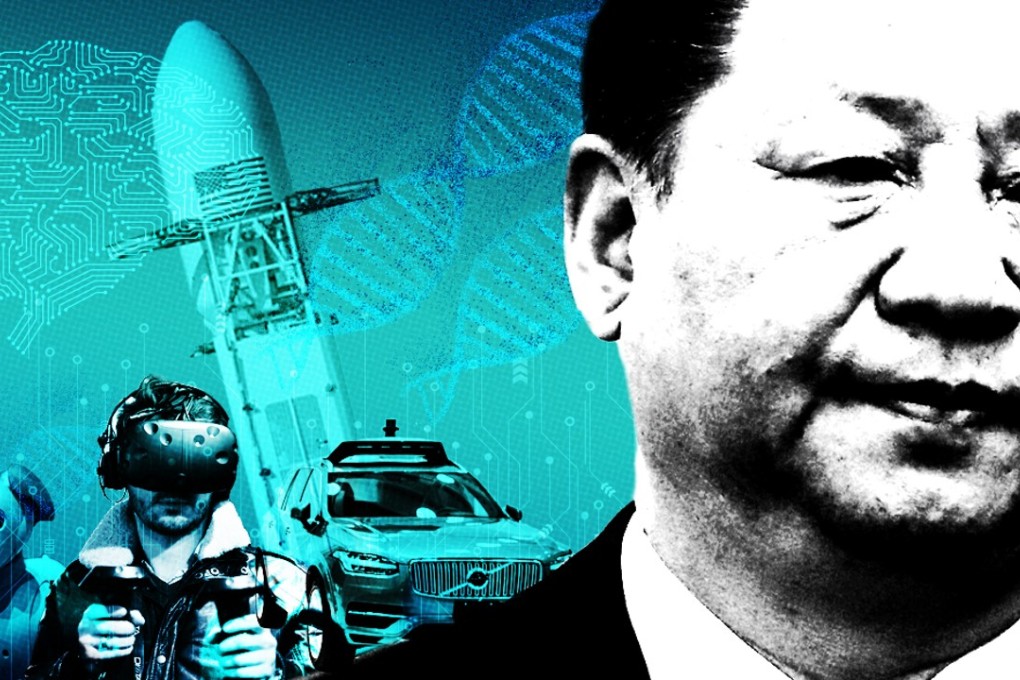How China acquires ‘the crown jewels’ of U.S. technology
The U.S. fails to adequately police foreign deals for next-generation software that powers the military and American economic strength.

This story is being published by the South China Morning Post as part of a content partnership with POLITICO. It was reported by Cory Bennett and Bryan Bender and originally appeared on politico.com on May 22, 2018.
The U.S. government was well aware of China’s aggressive strategy of leveraging private investors to buy up the latest American technology when, early last year, a company called Avatar Integrated Systems showed up at a bankruptcy court in Delaware hoping to buy the California chip-designer ATop Tech.
ATop’s product was potentially groundbreaking — an automated designer capable of making microchips that could power anything from smartphones to high-tech weapons systems. It’s the type of product that a U.S. government report had recently cited as “critical to defense systems and U.S. military strength.” And the source of the money behind the buyer, Avatar, was an eye-opener: Its board chairman and sole officer was a Chinese steel magnate whose Hong Kong-based company was a major shareholder.
Despite those factors, the transaction went through without an assessment by the U.S. government committee that is charged with reviewing acquisitions of sensitive technology by foreign interests.
In fact, a six-month POLITICO investigation found that the Committee on Foreign Investment in the United States, the main vehicle for protecting American technology from foreign governments, rarely polices the various new avenues Chinese nationals use to secure access to American technology, such as bankruptcy courts or the foreign venture capital firms that bankroll U.S. tech startups.
The committee, known by its acronym CFIUS, isn’t required to review any deals, relying instead on outsiders or other government agencies to raise questions about the appropriateness of a proposed merger, acquisition or investment. And even if it had a more formal mandate, the committee lacks the resources to deal with increasingly complex cases, which revolve around lines of code and reams of personal data more than physical infrastructure.
“I knew what was critical in 1958 — tanks, airplanes, avionics. Now, truthfully, everything is information. The world is about information, not about things,” said Paul Rosenzweig, who worked with CFIUS while at the Department of Homeland Security during President George W. Bush’s second term. “And that means everything is critical infrastructure. That, in some sense, means CFIUS really should be managing all global trade.”